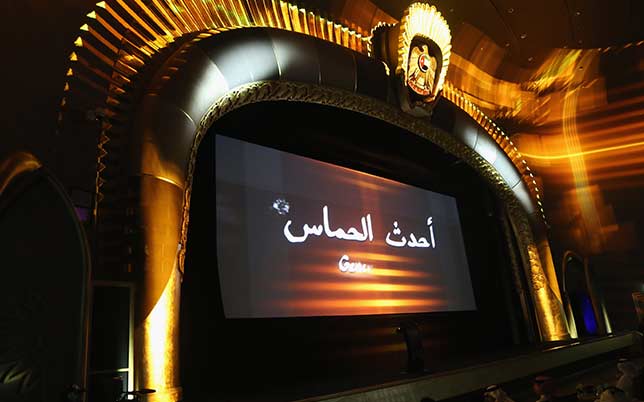
- Industry
Arab Cinema Today
There are several definitions for what constitutes cinema, but when it comes to Arab cinema, the definitions multiply due to overlapping factors, the most prominent of which are political and psychological.
For many observers, possibly the majority, Arab cinema (which is of course factual) is available and present till today. This is based on the idea that all that is produced in Arabic-speaking countries, or countries that derive their artistic and literary culture from the entity, heritage, and religious and social presence of this language, must be Arab. Others believe that an “Arab cinema” is not present altogether, whether citing reasons for adopting this belief or not. Many of those denying the presence of Arab cinema do so for political considerations. Some believe that the only Arab cinema is Egyptian cinema, since it is the leader and the only place where a thriving industry is established. Meanwhile, others that see the differences between Arab cultures and social traditions in each country determine the existence of Egyptian cinema, Lebanese cinema, Emirates cinema, Moroccan cinema, etc., but no unified Arab cinema. This belief is held by those who generally eschew any discussion about the existence of an Arab world with unified features.
In its essence, the situation is political. We find that those who believe in nationalism and the historical background of the Arab countries, regardless of any political, ideological, or economic differences, are mostly those who adopt the opinion that there is one Arab cinema. However, those who cheer for one cinema over another (for many years, a Tunisian/Egyptian debate has prevailed about the importance of the cinema in each country and the right of the first to represent an alternative for the prevailing product in the second country) don’t believe in the viability of an umbrella that could bring together all productions of Arab cinemas.
Setting aside the political aspects, the elements of identity for any cinema around the world can be considered to center mainly on the issue of funding/production. Accordingly, one could say that Arab cinema is that which is financed and produced by Arab production companies, whether independently or in partnership with other non-Arab companies. However, in an increasingly globalized world of international coproductions, a movie’s “citizenship” has become increasingly hard to determine, and the question of artistic authorship can likewise be rather muddled.
In the first place, the Arab identity of the director does not necessarily mean that the work he/she accomplishes is Arab. Otherwise, we should consider the French film, La Vie D’Adele, (Blue is the Warmest Color) directed by Abdellatif Kechiche (born in Tunisia) an Arabic film. It earned Kechiche a high recognition and the Palme d’Or at Cannes in 2013. It is also not enough for a film to be based on Arabic themes and characters to be considered Arab, otherwise David Lean’s film Lawrence of Arabia would have been one of the best Arab films of our times. This also applies to tens if not hundreds of foreign films that have dealt with Arab characters or issues related to Arabs.
Mohammed Rouda

